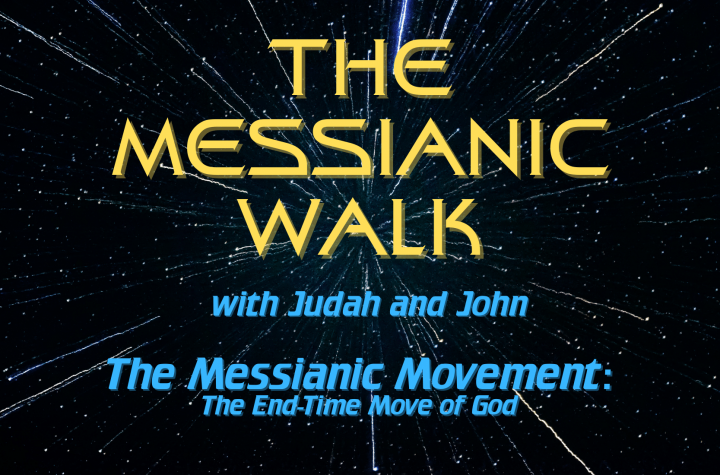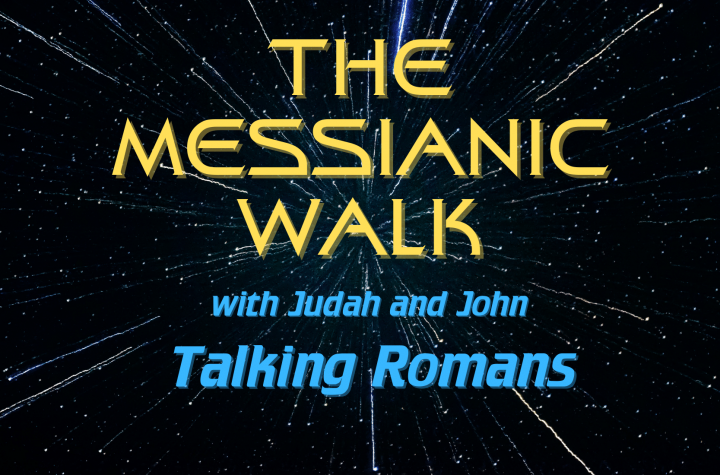The Winter holiday season, involving Christmas and Chanukah, can be a very challenging time for those within the Messianic community. How are we supposed to best approach this time, in a way that reflects the love and salvation of Yeshua?
The Messianic Walk Show
Because of its unique focus on Israel, its significant mission of declaring Yeshua to the Jewish community, and even helping non-Jews coming to an appreciation of Torah—today’s Messianic movement has widely considered itself to be “the” end-time move of God. Because of current events throughout 2020, the need for Messianic people to have a realistic understanding of the end-times is quite apparent!
Judah Himango and John McKee both agree that God’s Torah is essential instruction to be known, studied, and implemented by all of His people—yet there are challenges and problems which have to be navigated when one identifies the extremes of legalism and lawlessness.
Judah Himango and John McKee address a number of key questions involving Paul’s letter to the Romans, which concern not only various Messianic difficulties, but also contemporary applications.
Judah Himango and John McKee discuss a recent blog by K’neti L’Zion: “Responding to ‘No Longer Torah Observant.’” Recently, a friend of Judah’s decided to leave the Hebrew Roots movement. Why did he do it? What does it represent for some of the changes taking place in the wider Messianic movement?
Eleven specific theological Problems With the Hebrew Roots movement are addressed in this episode:
1. Preface: A work in progress, ongoing study needed
2. Nuance in “God doesn’t change”
3. The book of Romans answers whether Gentiles should keep Torah
4. Paul doesn’t correct Gentiles for breaking Torah
5. God doesn’t change…but we do
6. Commandment keeping is context-bound
7. The Torah of Moses hasn’t always been here
8. Surely Roman Gentiles weren’t keeping Passover
9. Different laws for different people
10. Shabbat, feasts, and kosher are cultural
11. Torah doesn’t save, doesn’t sanctify




